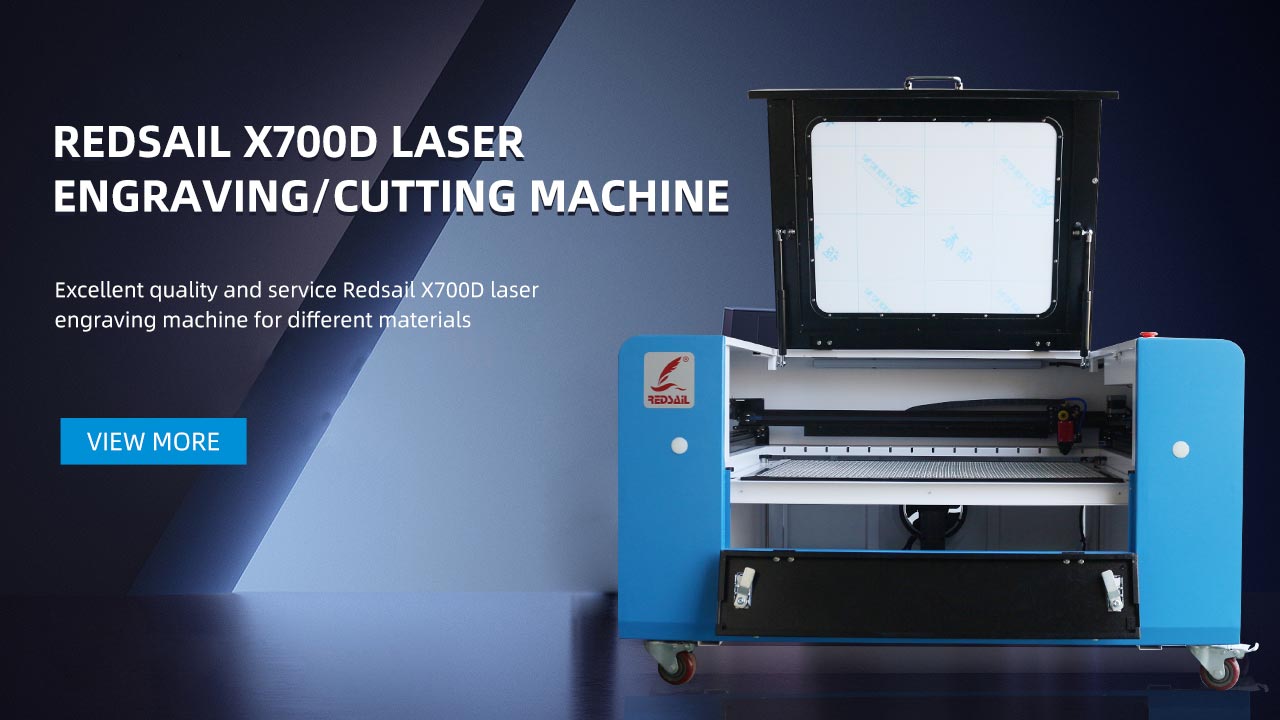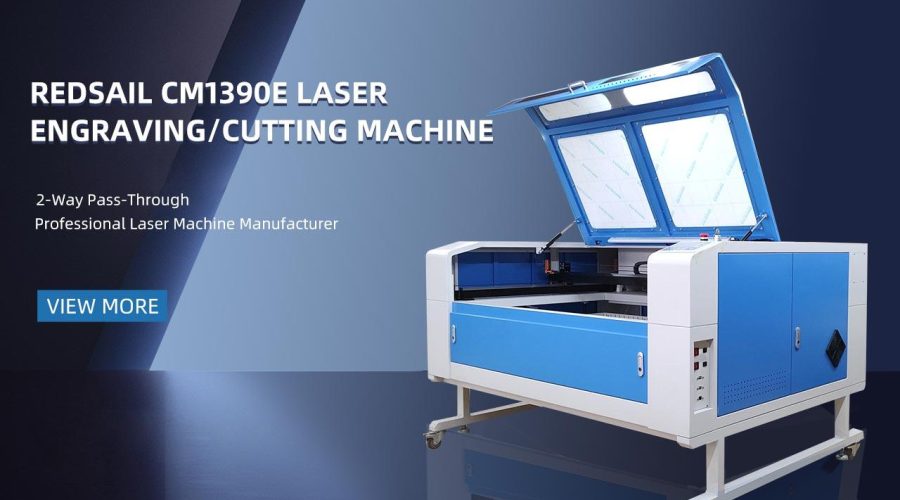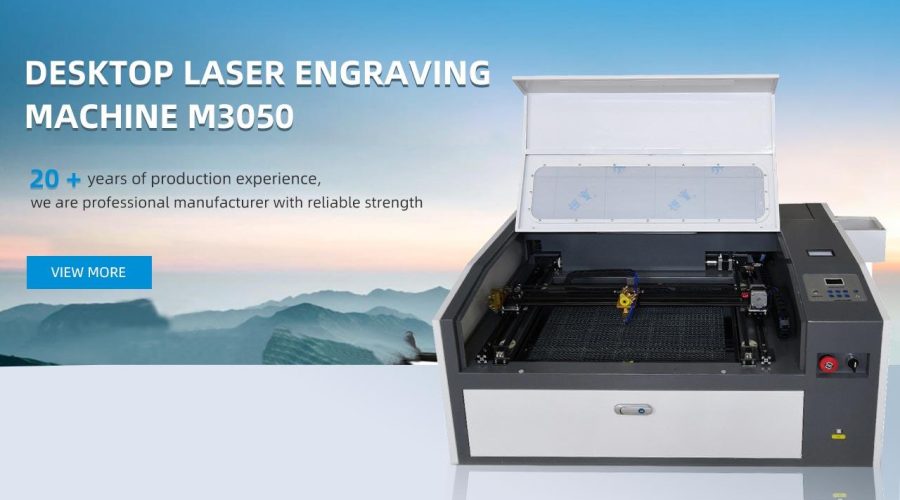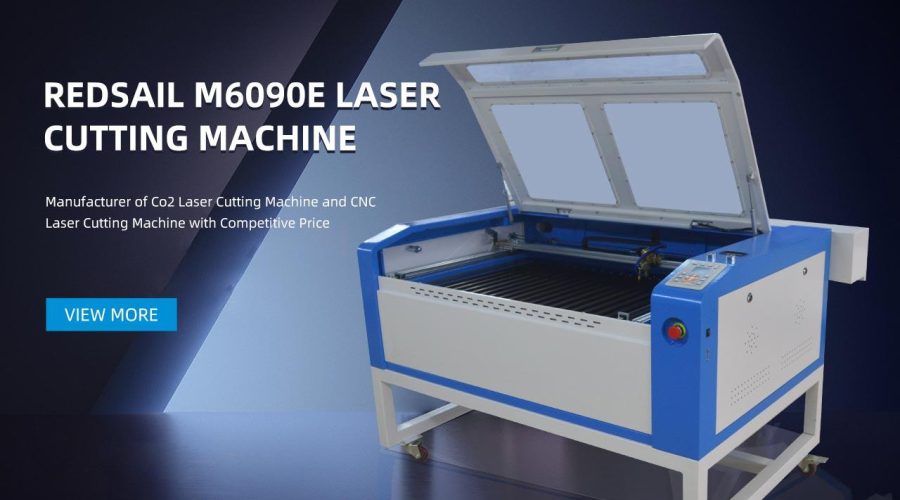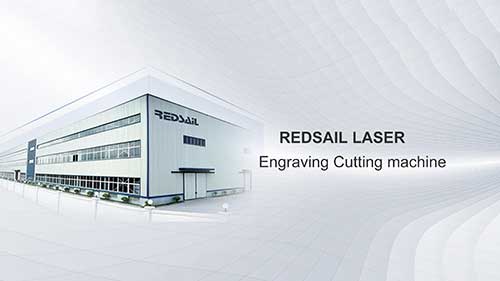What Exactly is CO2 Laser Engraving?
CO2 Laser engraving is a versatile and precise technology used for engraving surfaces of various materials. By using a high-powered CO2 laser beam, this process vaporizes or melts the material to create intricate and detailed designs. This article will explore the concept of CO2 laser engraving, its applications, benefits, and limitations.
The Process of CO2 Laser Engraving
The CO2 laser engraving process involves several key steps:
- Preparation: The material to be engraved is cleaned and positioned securely within the laser engraving machine.
- Design Creation: A digital design file is created using vector-based software.
- Settings Configuration: The laser power, speed, and frequency are adjusted based on the material type and desired engraving depth.
- Laser Engraving: The laser beam scans the material surface, vaporizing or melting it based on the design parameters.
- Finishing: Once the engraving is complete, the material may require post-processing, such as cleaning or coating, depending on the desired outcome.
This process allows for precise control over the depth and details of the engraving, making CO2 laser engraving suitable for various applications.
Applications of CO2 Laser Engraving
CO2 laser engraving finds applications across numerous industries due to its versatility and accuracy. Some common uses include:
- Personalized Gifts: CO2 laser engraving enables the customization of items like photo frames, keychains, jewelry, and more.
- Trophies and Awards: The intricate designs and precise detailing make CO2 laser engraving ideal for creating unique trophies and awards.
- Signage and Labels: Utilizing CO2 laser engraving, signage and labels can be created with high precision, ensuring clear and durable markings.
- Industrial Applications: CO2 laser engraving is widely used in industrial settings for marking and branding products, serial numbers, or identification codes on materials like metal, wood, glass, and plastic.
- Art and Design: Artists and designers utilize CO2 laser engraving to create intricate patterns, etchings, or engravings on various surfaces.
The diverse range of applications highlights the versatility of CO2 laser engraving technology.
The Benefits and Limitations of CO2 Laser Engraving
CO2 laser engraving offers several advantages that make it a popular choice:
- Precision: The laser beam provides remarkable precision, allowing for intricate designs and highly detailed engravings.
- Speed: The laser engraving process is swift and efficient, enabling the production of large quantities in a short time.
- Non-Contact Process: CO2 laser engraving is a non-invasive technique that does not physically touch the material being engraved, reducing the risk of damage or distortion.
- Wide Material Compatibility: CO2 lasers can engrave on various materials, including wood, acrylic, leather, glass, and more, making it incredibly versatile.
However, CO2 laser engraving does have some limitations:
- Material Limitations: While CO2 lasers can engrave on many materials, there are certain materials, such as metals and stones, that may require specialized laser systems.
- Cost: The initial investment for a CO2 laser engraving machine can be high, making it less accessible for some individuals or small businesses.
- Size Limitations: The size of the materials that can be engraved is limited by the machine’s engraving area.
CO2 laser engraving offers precise, fast, and non-contact engraving on various materials, making it suitable for a wide range of applications.
FAQs about CO2 Laser Engraving
Q: How deep can CO2 lasers engrave?
A: The depth of CO2 laser engraving depends on factors such as laser power, material density, and desired outcome. It can range from a few micrometers to several millimeters.
Q: Is CO2 laser engraving safe?
A: CO2 laser engraving is generally safe when proper safety precautions are followed. It is crucial to wear appropriate protective equipment, have adequate ventilation, and ensure the machine is operated correctly.
Q: Can CO2 lasers engrave on all materials?
A: While CO2 lasers can engrave on a wide range of materials, some materials like metals and stones may require specialized laser systems designed specifically for those materials.
Q: Can CO2 laser engraving be used for mass production?
A: Yes, CO2 laser engraving is suitable for mass production due to its speed and efficiency in creating large quantities of engraved items within a short time.

